If your oven won’t heat or your hob has a dead burner, you don’t have to live with it. Our team in Bognor Regis can sort most problems in a single visit. We focus on getting your appliance back to normal fast, without hidden fees. Below you’ll find the most common faults, easy checks you can do yourself, and signs it’s time to call a professional.
Most electric ovens stop heating because of a faulty heating element, a blown fuse, or a bad thermostat. Before you pick up the phone, unplug the oven and look inside. If the element looks blackened or broken, that’s a clear sign it needs replacing. A blown fuse is easy to test with a multimeter – if you’re not comfortable, skip this step and let us handle it.
Another frequent issue is an uneven temperature. Often the oven’s temperature sensor is dirty or mis‑positioned. Give it a gentle clean with a damp cloth and make sure it sits where the manual says. If the oven still runs hot on one side, the sensor may need a new part.
Gas ovens have their own set of tricks. If the flame flickers or goes out, the igniter might be worn out. You can usually see a weak spark when you turn the oven on. A faulty igniter is best left to a qualified tech, because it involves gas connections.
Electric hobs suffer from cracked glass, loose burners, or dead elements. A quick visual check can tell you a lot. Look for any cracks in the glass surface – even tiny ones can let water seep in and damage the wiring. If a burner won’t light, try swapping it with another spot on the hob. If the new spot works, the problem is likely the burner itself, not the hob.
For gas hobs, the most common trouble is a clogged burner. Remove the burner cap and clear any food debris with a soft brush. If the flame still won’t stay lit, the ignition electrode may be dirty. Gently clean it with a fine‑grade sandpaper, but don’t scratch the metal.
When you’ve tried these checks and the appliance still won’t work, it’s time to call us. Our technicians know how to safely replace elements, fix wiring, and service gas connections. We carry common spare parts, so most repairs are done on the spot.
Why choose a local service? We’re just a short drive away, which means faster response times and lower travel costs. Plus, we understand the typical appliances found in Bognor Regis homes, so we can diagnose problems quicker.
Ready to get your oven or hob back in action? Give us a call, book online, or drop us a message. We’ll arrange a convenient time, give you a clear price, and have your kitchen working again before dinner.
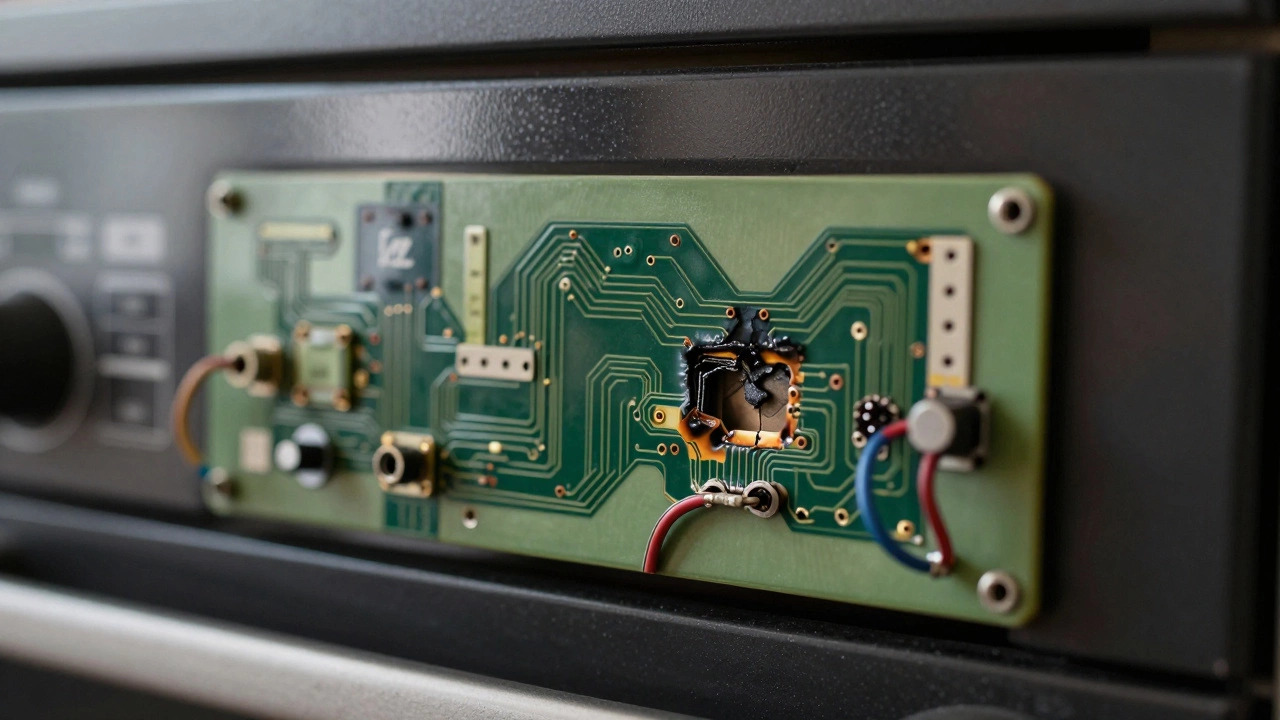
Learn the clear signs your electric oven's control board is failing, how to test it, what to check first, and whether to repair or replace. Save time and money with practical, real-world advice.
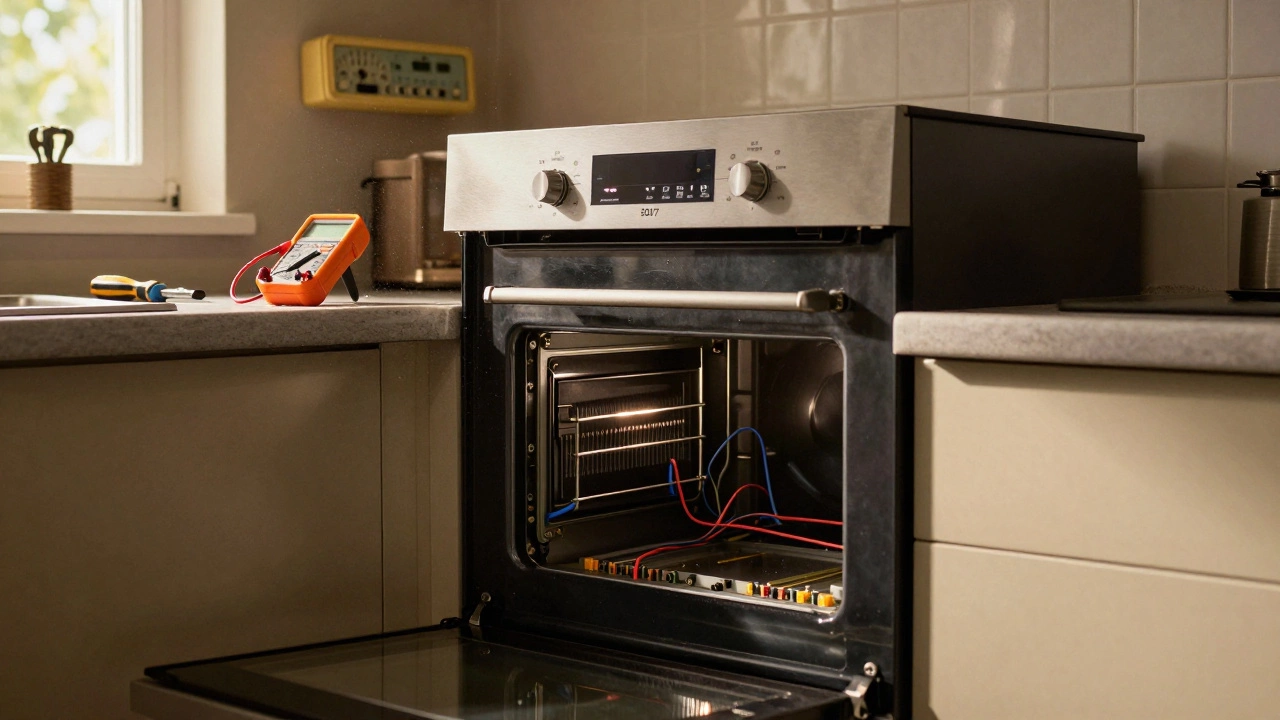
Is replacing your oven control board worth it? Learn the real costs, when to repair vs replace, and what most UK homeowners get wrong. Save money and avoid costly mistakes.
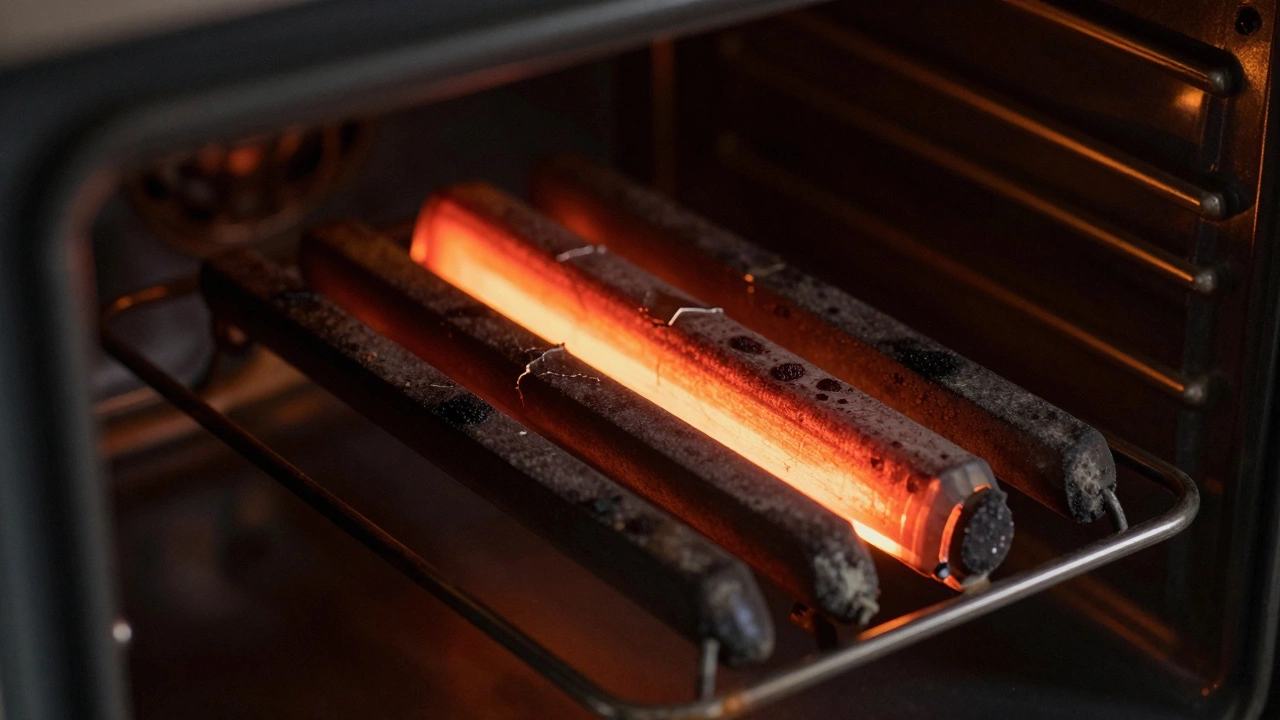
Learn how to tell if your electric oven element is bad with simple visual checks and a multimeter test. Save time and money by diagnosing the issue yourself before calling a repair technician.
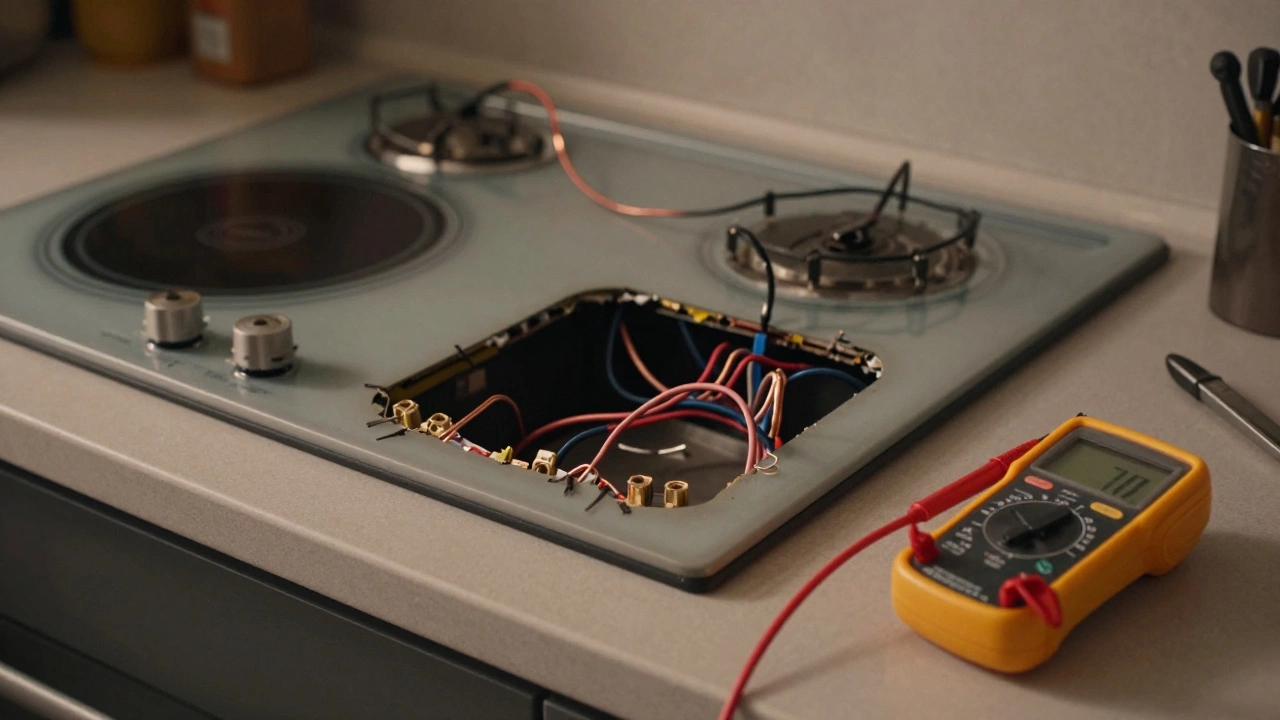
Replacing an electric hob isn't a DIY job. In the UK, it requires a qualified electrician for safety, legal compliance, and insurance reasons. Here's what you need to know before swapping your hob.
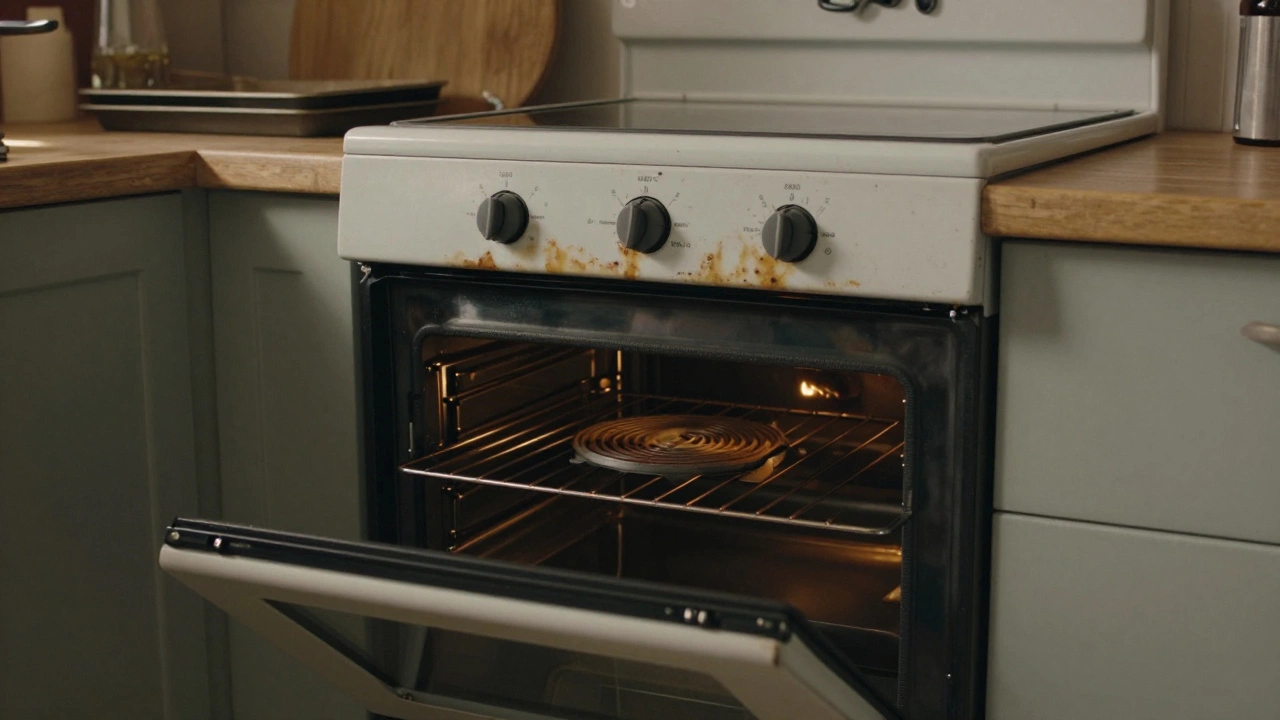
Deciding whether to fix or replace a 20-year-old oven? Learn real repair costs, energy savings, safety risks, and when it’s smarter to buy new. Practical advice for UK homeowners.

Most ovens last 10 to 15 years, but usage and maintenance affect lifespan. Learn the signs your oven is failing, when to repair vs. replace, and how to make it last longer.
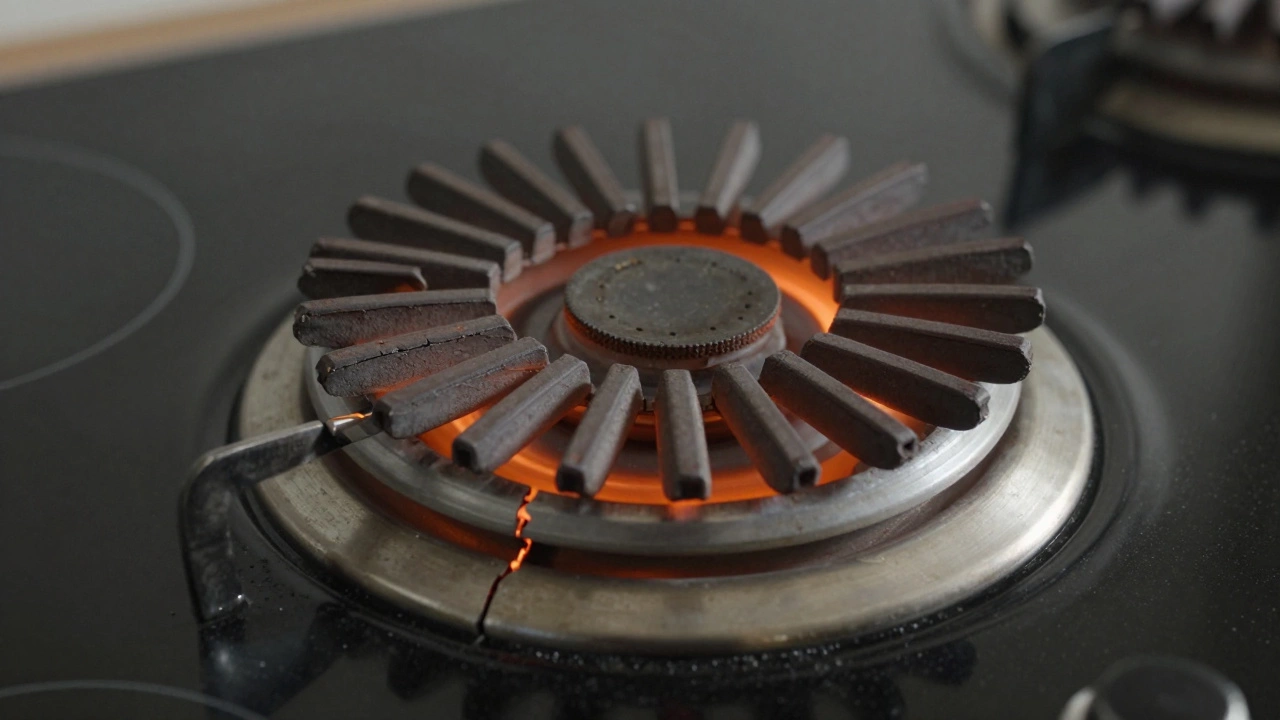
Learn how to tell if your electric stove element is bad with simple visual checks, multimeter tests, and common signs of failure. Save money by diagnosing and replacing it yourself.
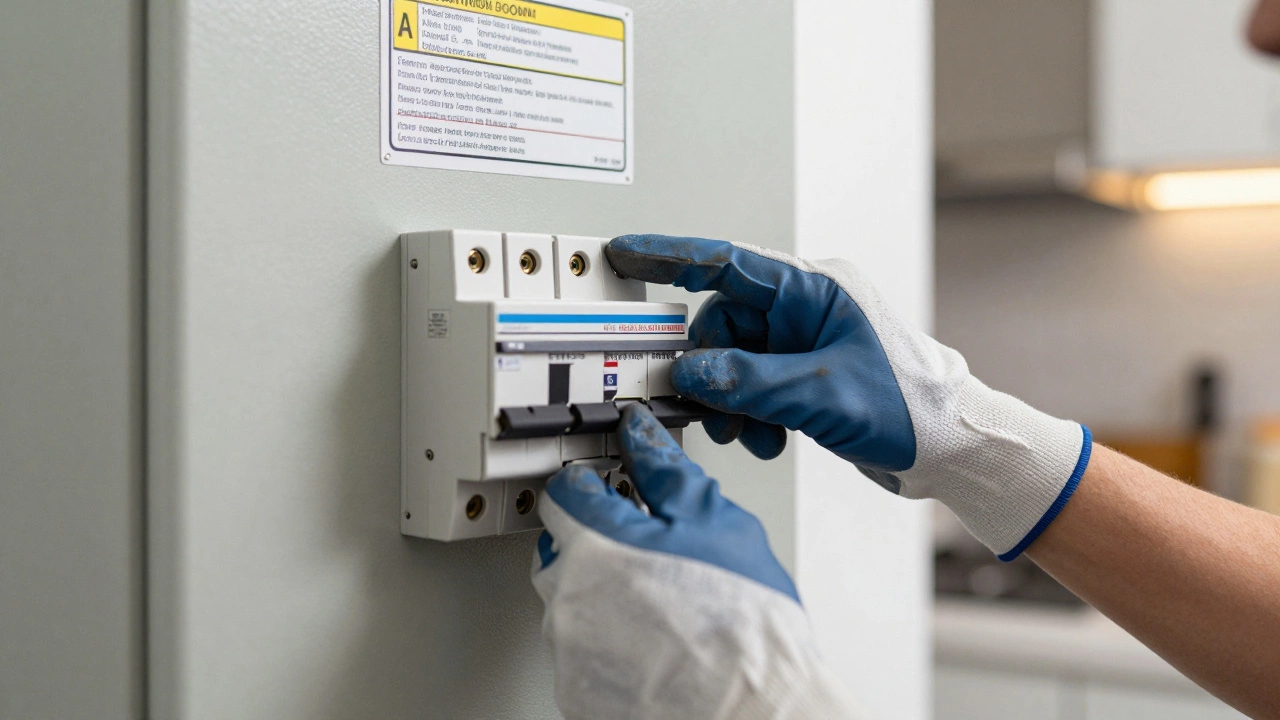
Learn how to safely fix a burnt electric hob by checking the element, testing with a multimeter, replacing parts, and preventing future damage. Avoid fire risks with these step-by-step tips.
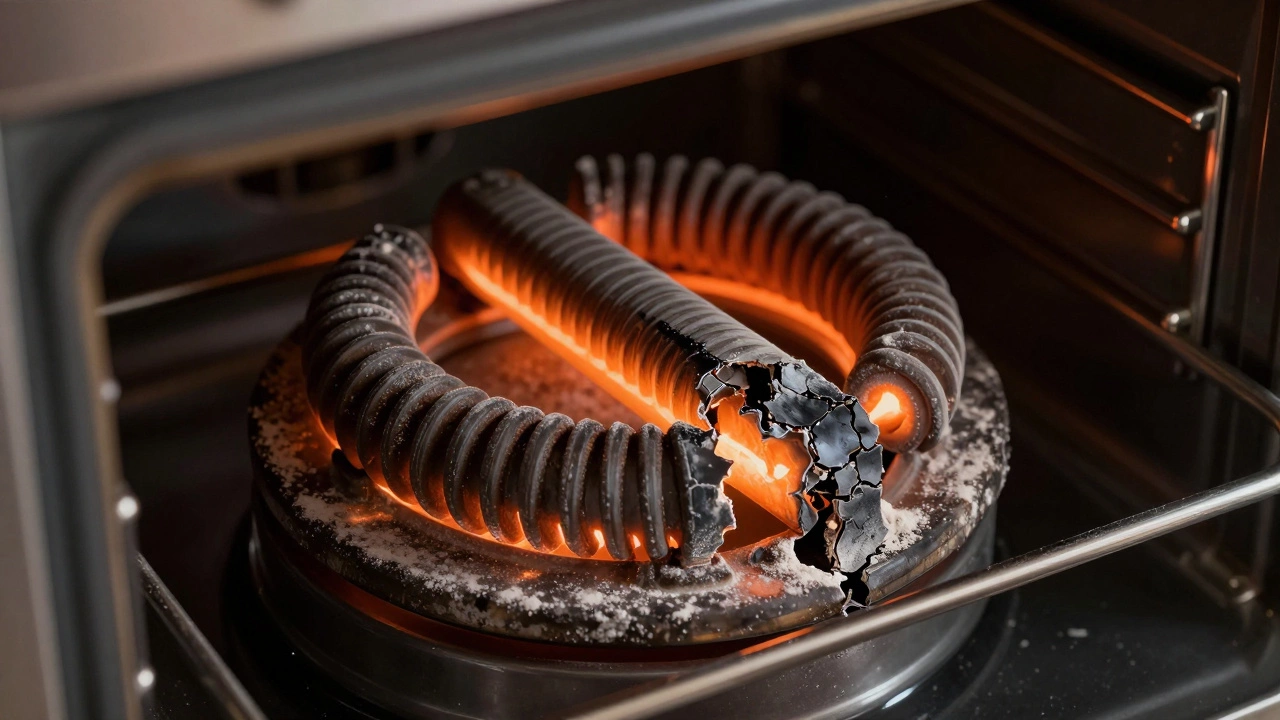
Learn how to tell if your oven element is blown by checking for visible damage, testing with a multimeter, and observing oven behavior. Most oven heating issues are simple fixes.
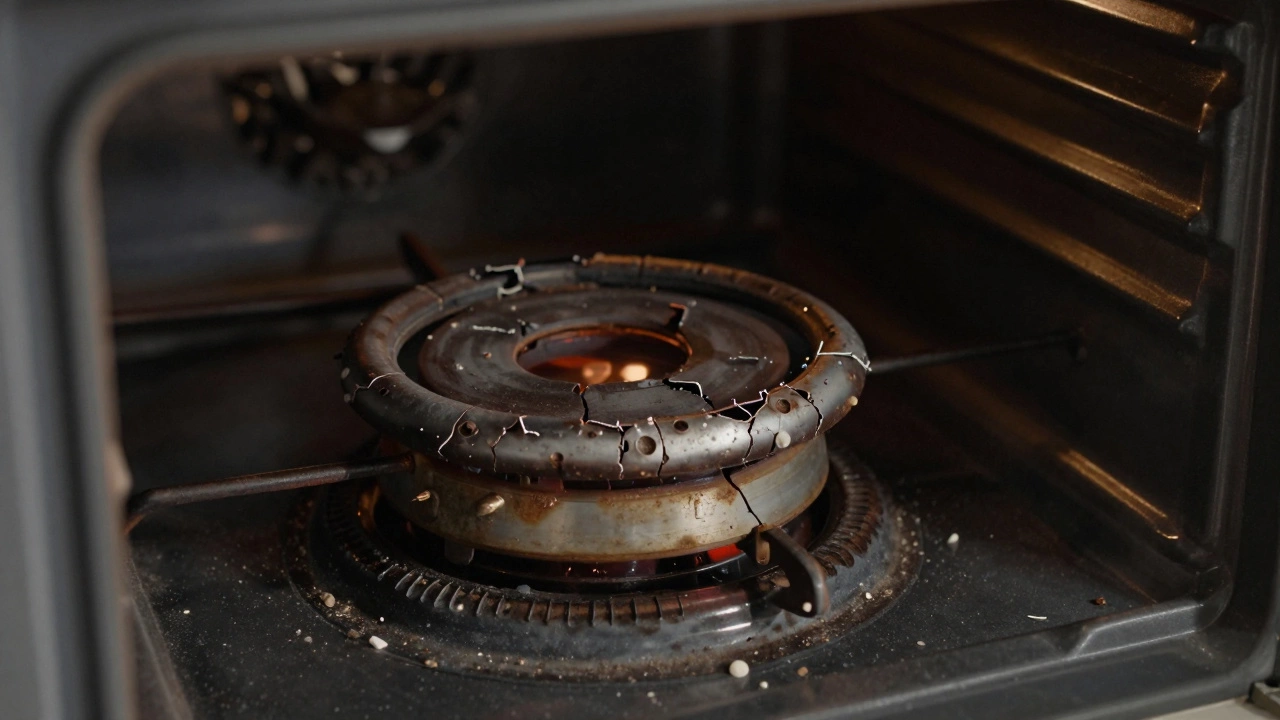
If your oven won't heat up, it's usually a simple fix-like a broken element, faulty thermostat, or blown fuse. Learn the most common causes and how to diagnose them yourself before calling a repair technician.
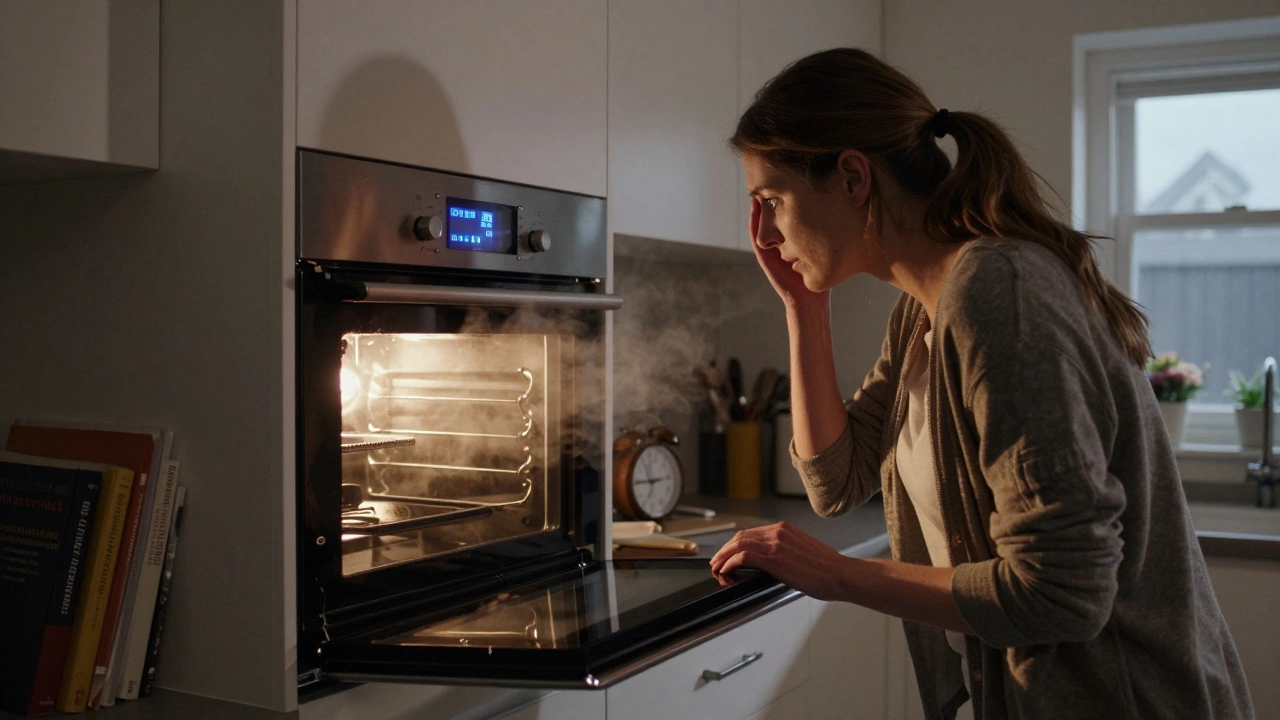
Deciding whether to fix or replace your oven in 2025? Learn real repair costs, when replacement saves money, safety risks of old ovens, and how to make the smart choice without overpaying.
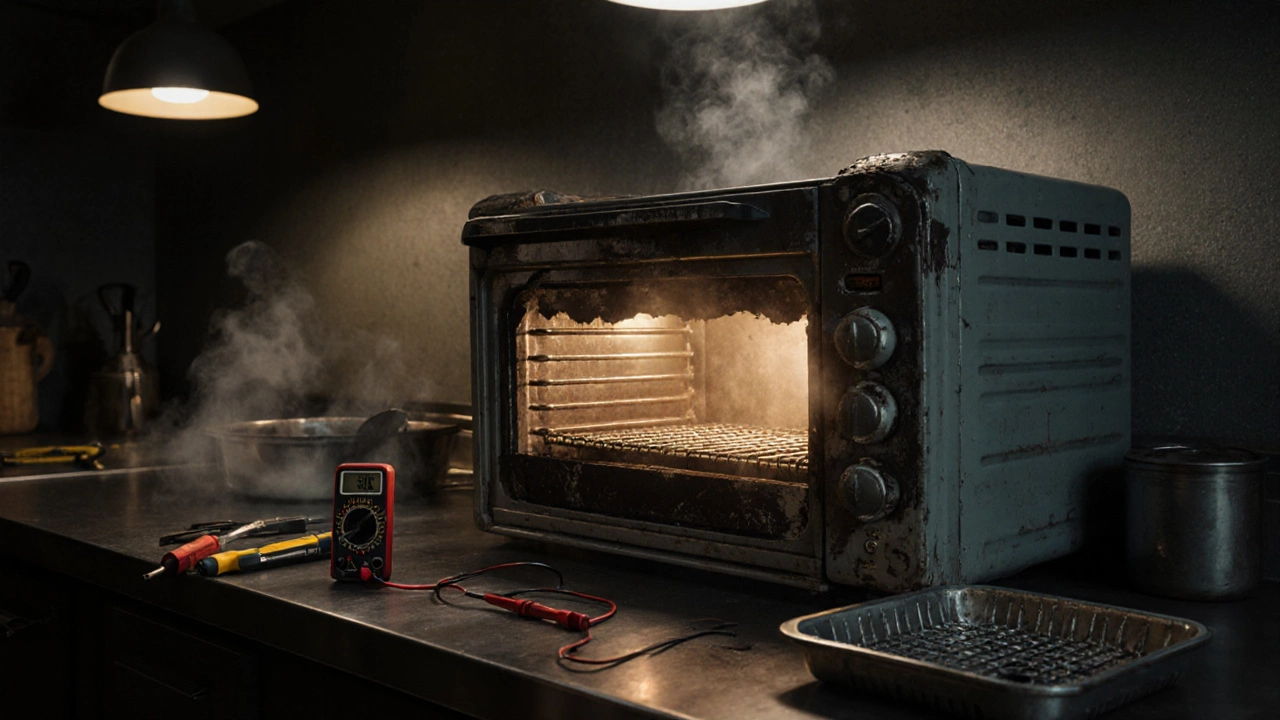
If your electric oven isn't heating, it's usually due to a broken element, faulty thermostat, or blown thermal fuse. Learn how to diagnose and fix the most common causes quickly and safely.

Thinking about repairing your cooker? This guide covers repair costs, when to fix or replace, and expert tips to help you decide what's best.

Discover how long extractor fans last, what shortens their life, and tips to maximize their lifespan in your kitchen or bathroom. Practical, clear advice from real experience.
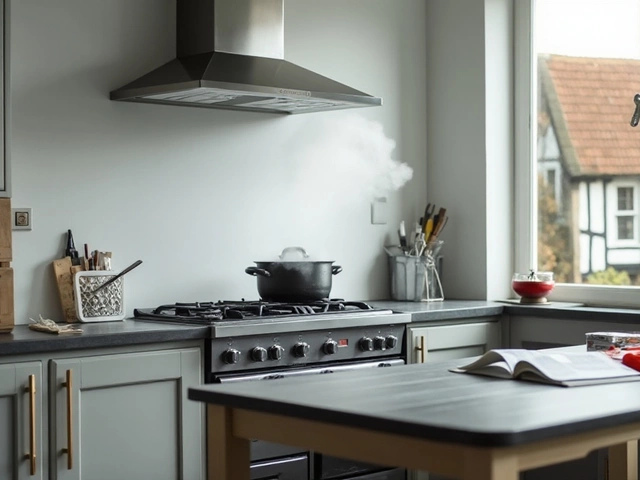
Extractor fans play a pivotal role in maintaining air quality in kitchens and bathrooms by expelling moisture, odors, and smoke. If your extractor fan suddenly stops working, it can lead to persistent humidity or unpleasant smells. This guide provides practical steps for diagnosing and fixing common issues that can cause an extractor fan to malfunction. From checking power supply and fuses to cleaning and replacing parts, understanding the intricacies can save you time and money. By following these steps, you can restore your extractor fan’s functionality and maintain a comfortable home environment.
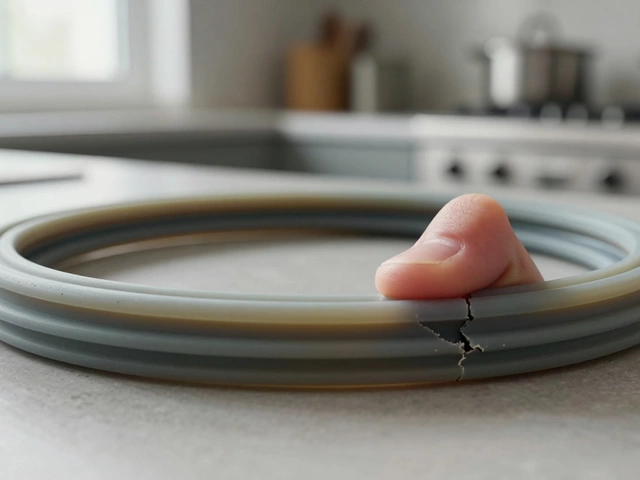
The most common pressure cooker problems are leaking steam, bad seals, clogged valves, and lid issues. Learn how to diagnose and fix them yourself before replacing your cooker.
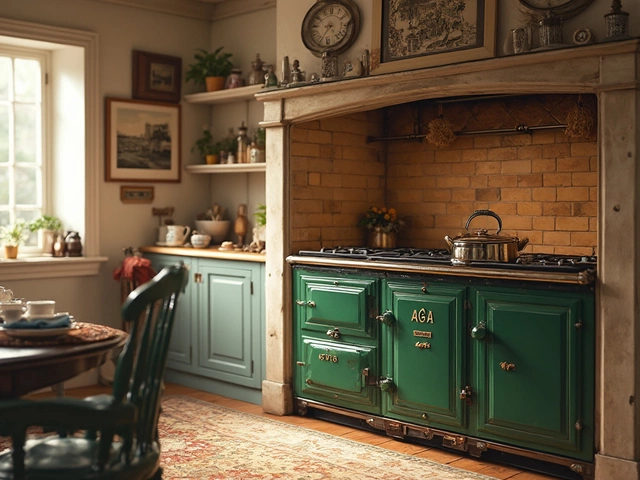
Ever wondered how long your trusty range oven will last? On average, a well-maintained range oven can serve you for about 10 to 15 years. Routine cleaning and minor repairs can help extend its lifespan. Knowing when to repair or replace your oven is crucial for efficiency and safety. Read on for practical tips to make sure your oven lasts as long as possible.